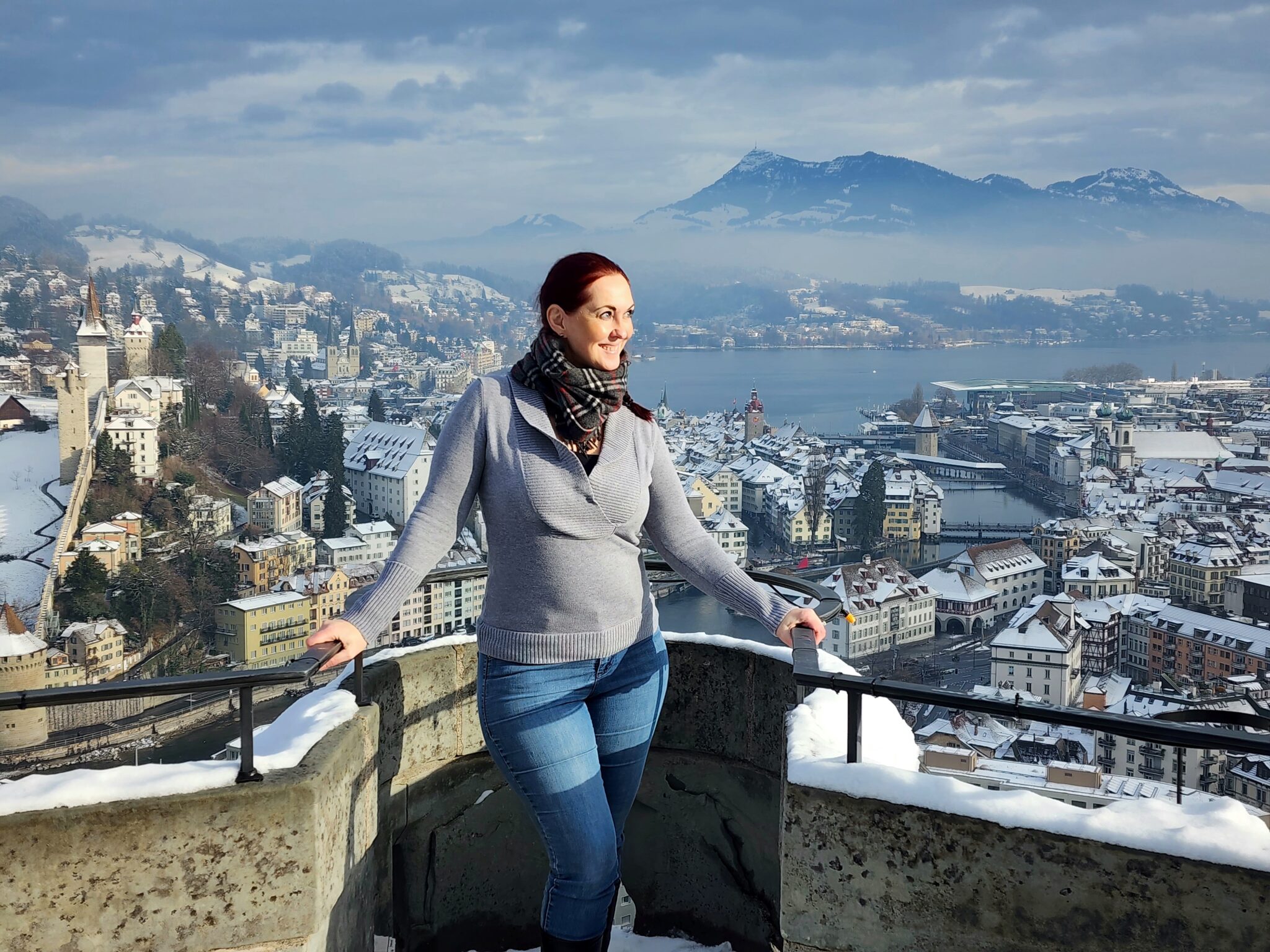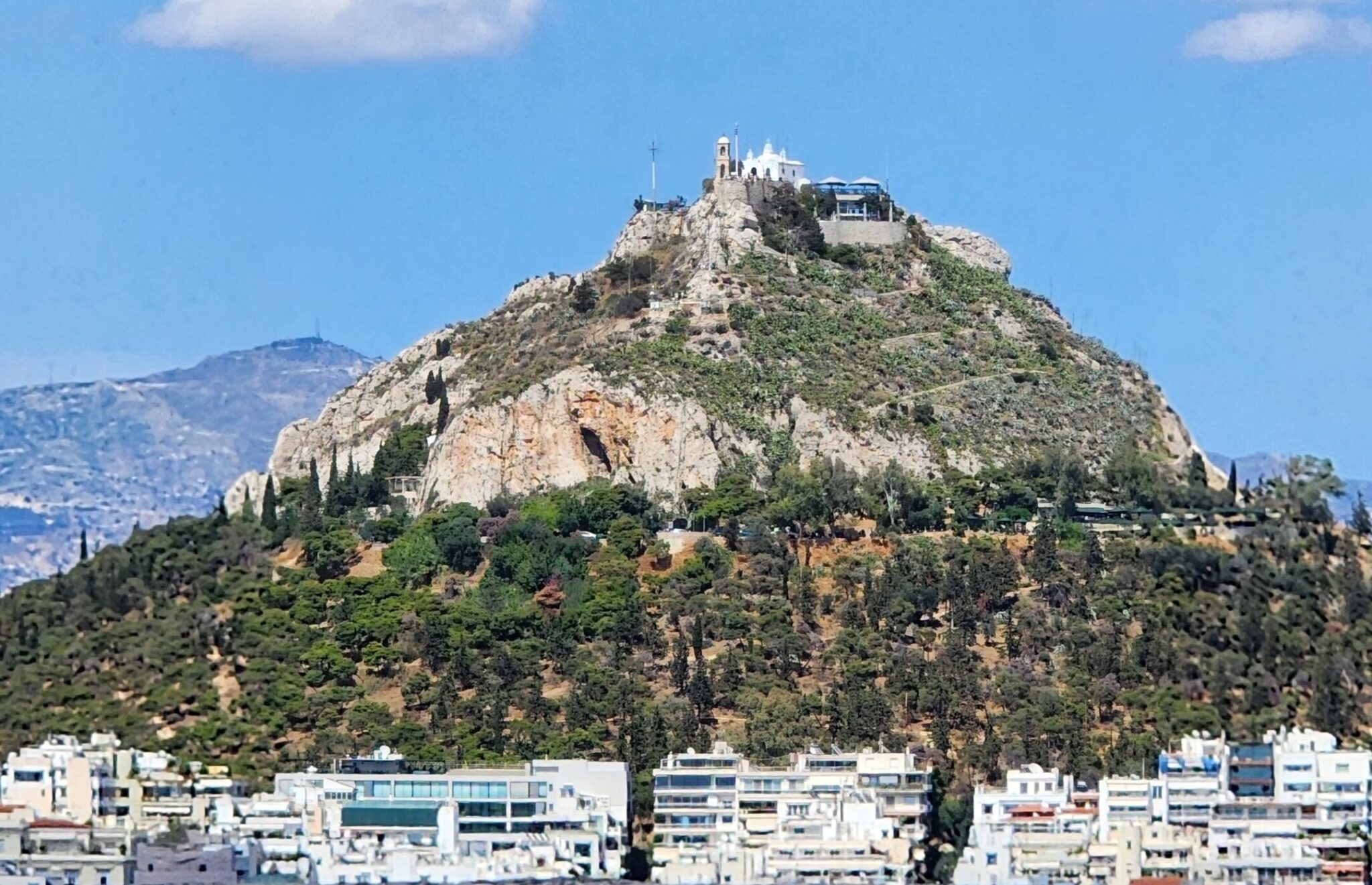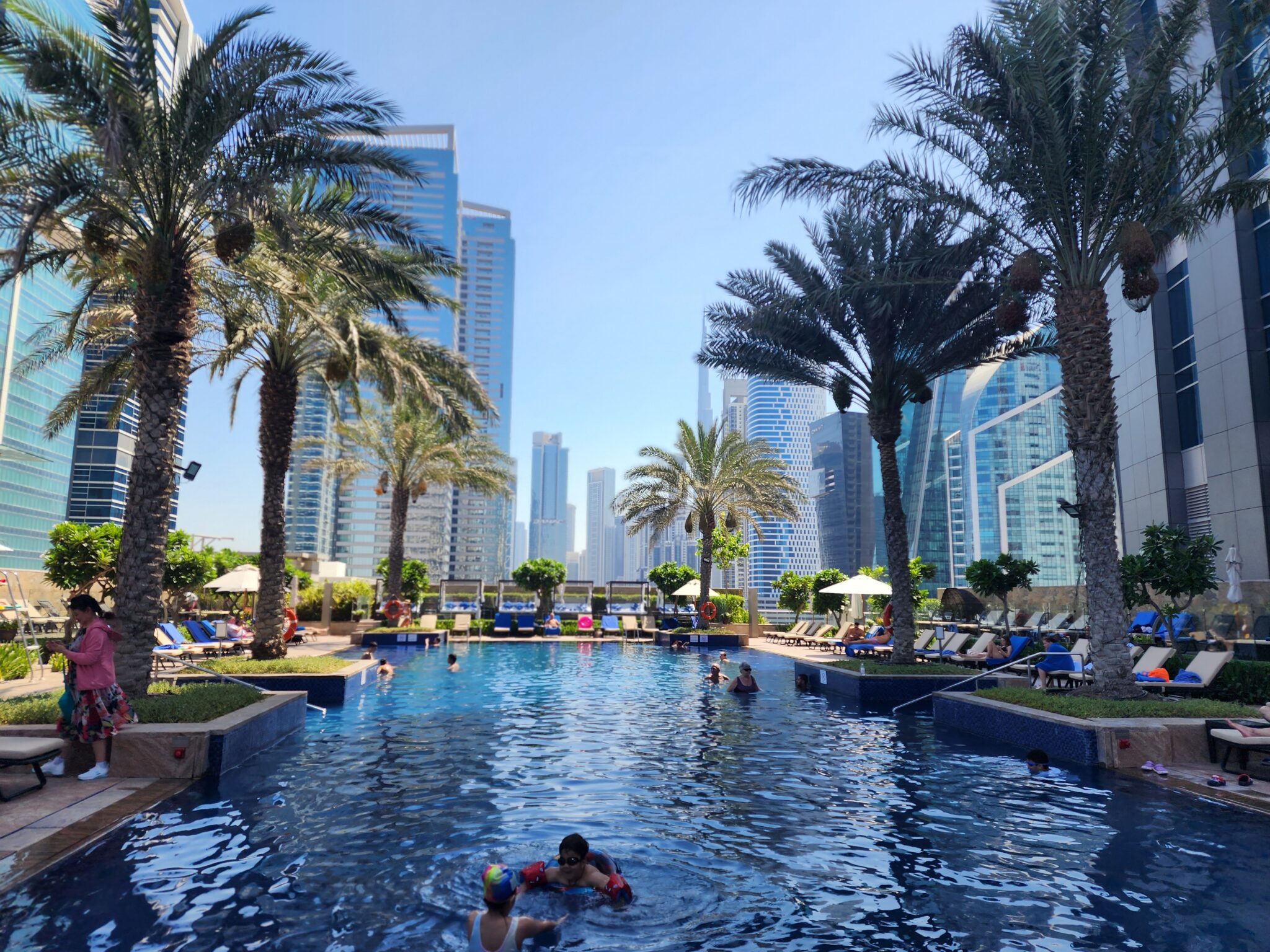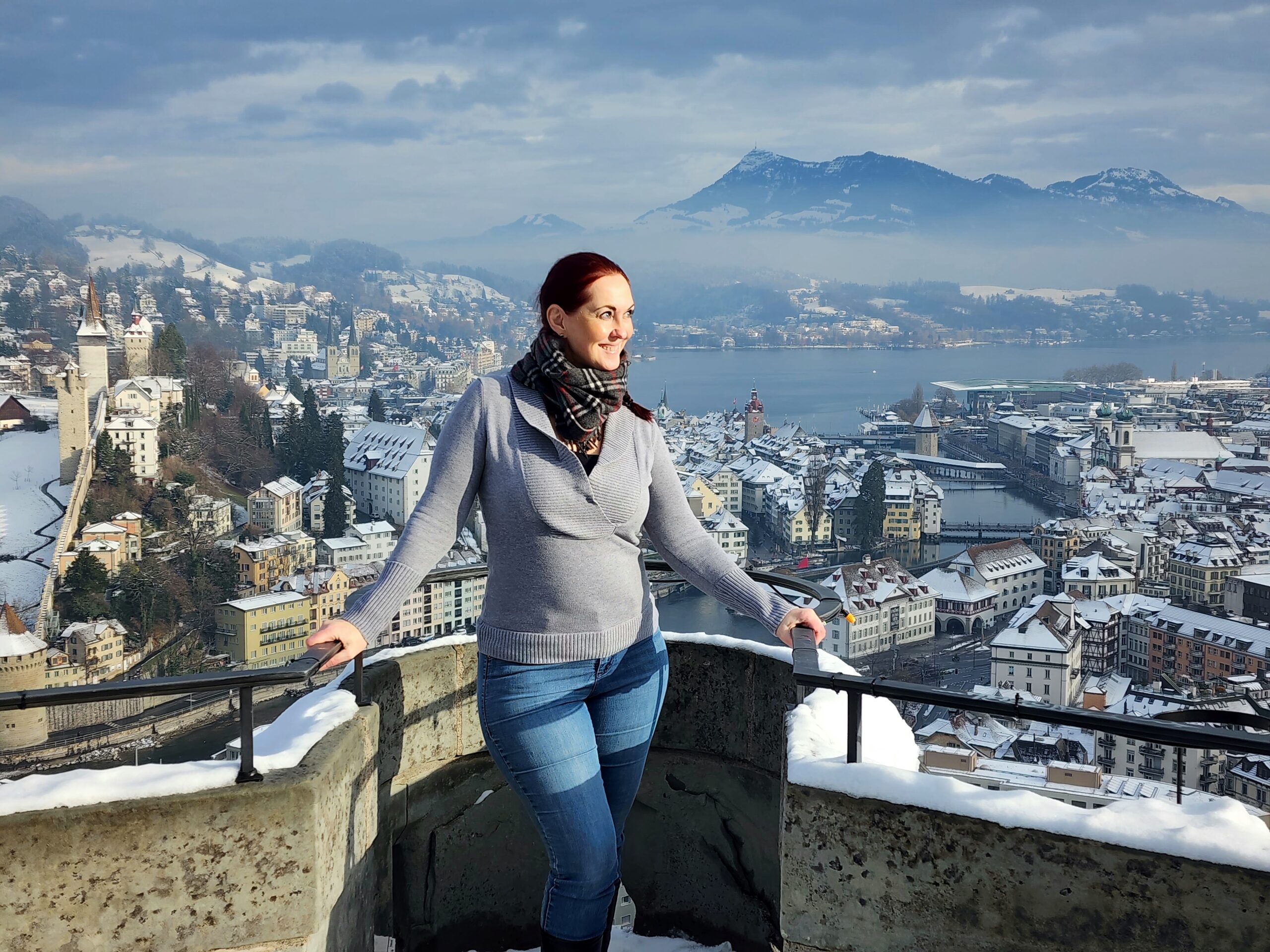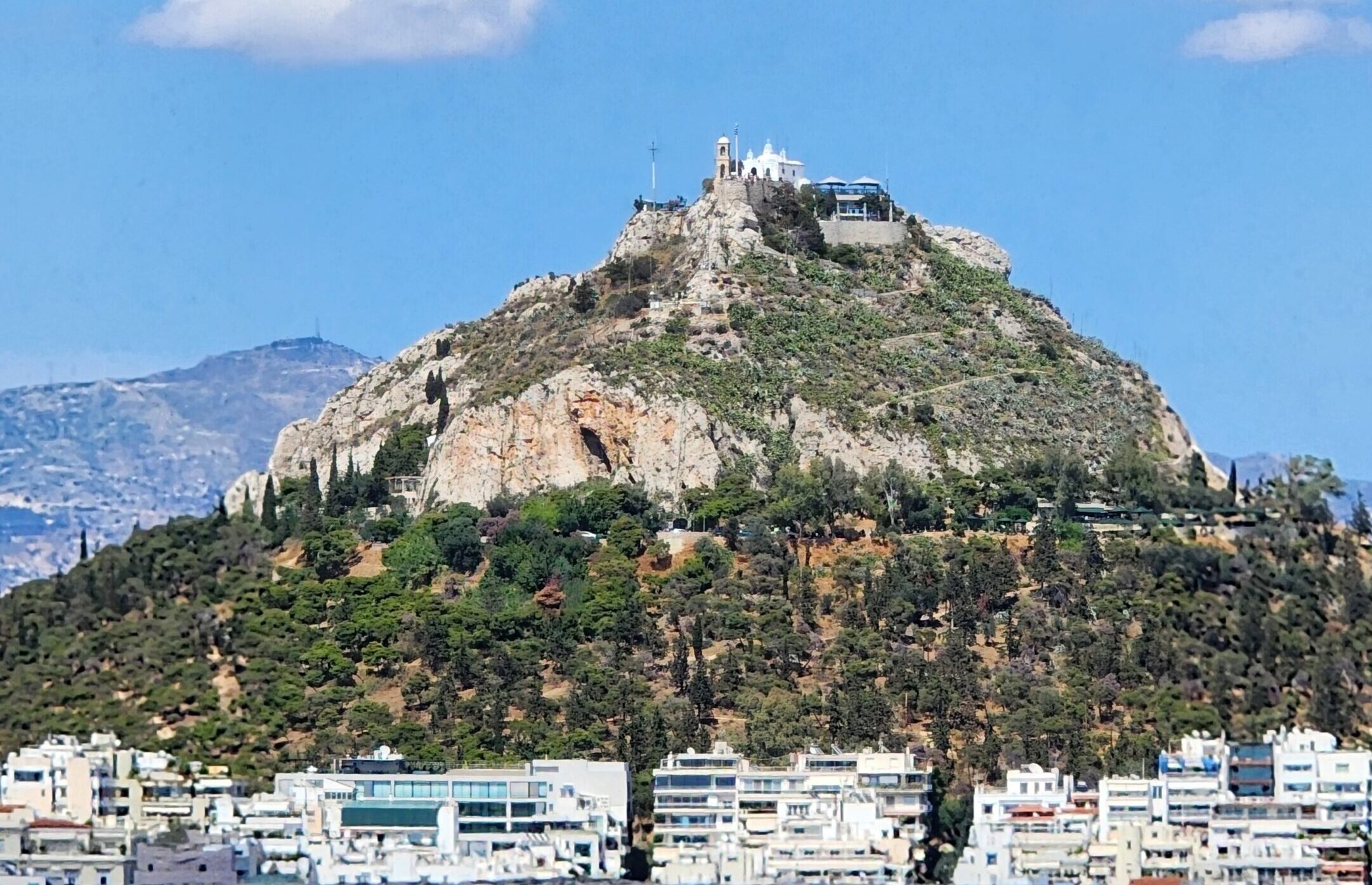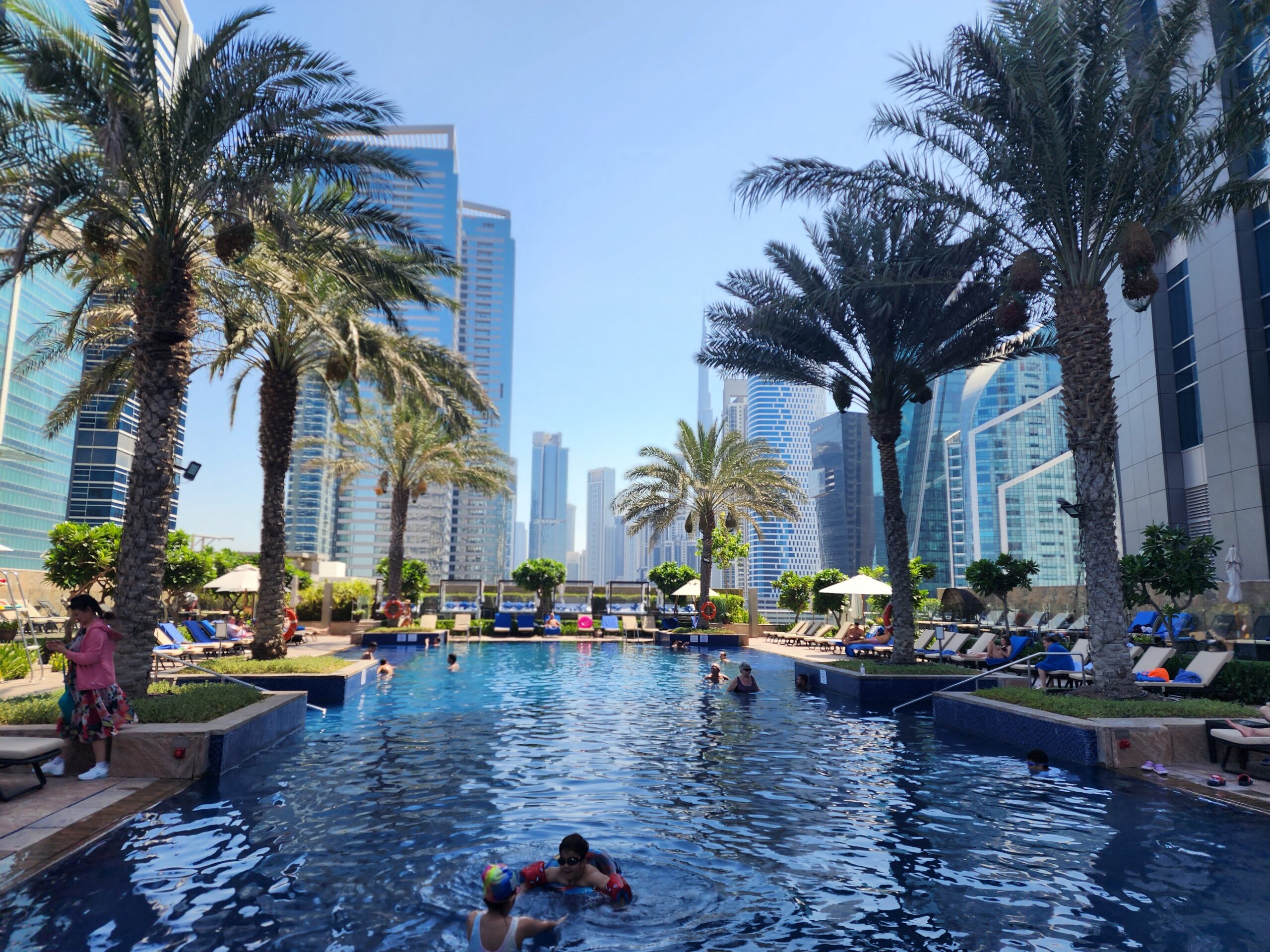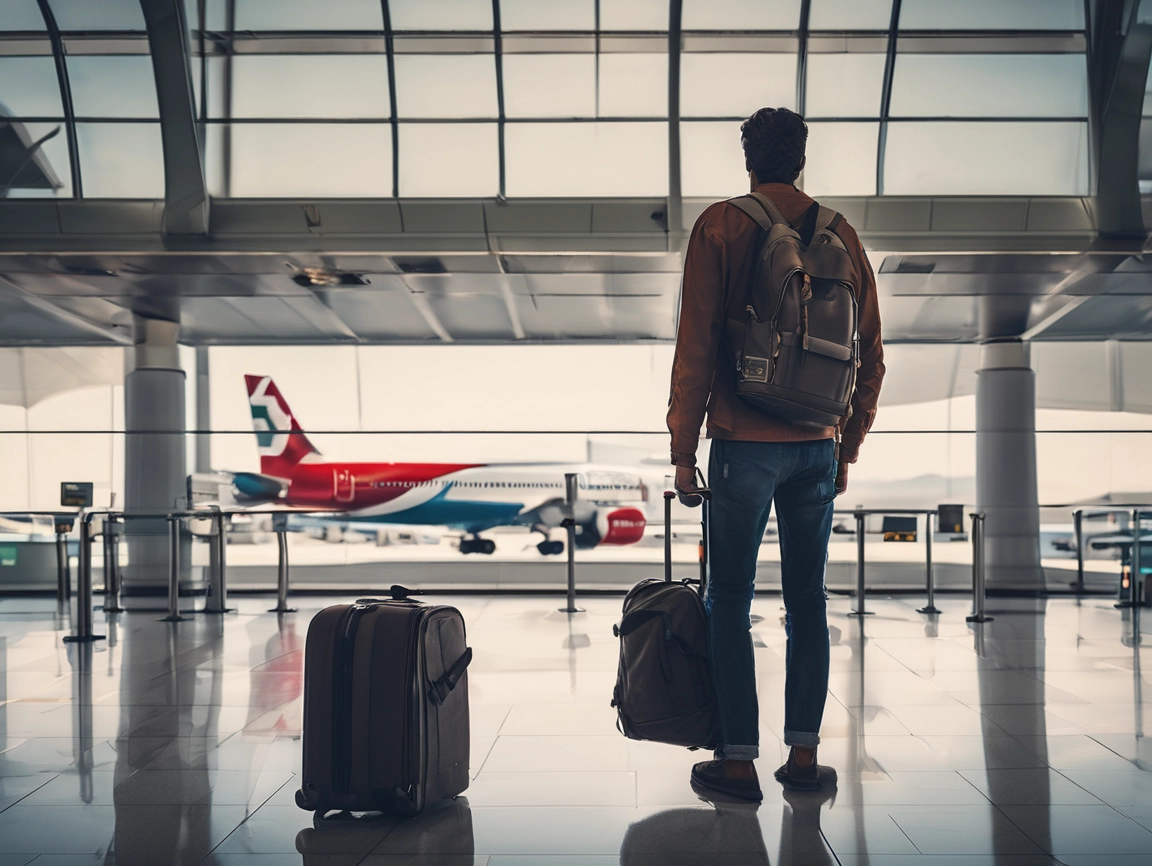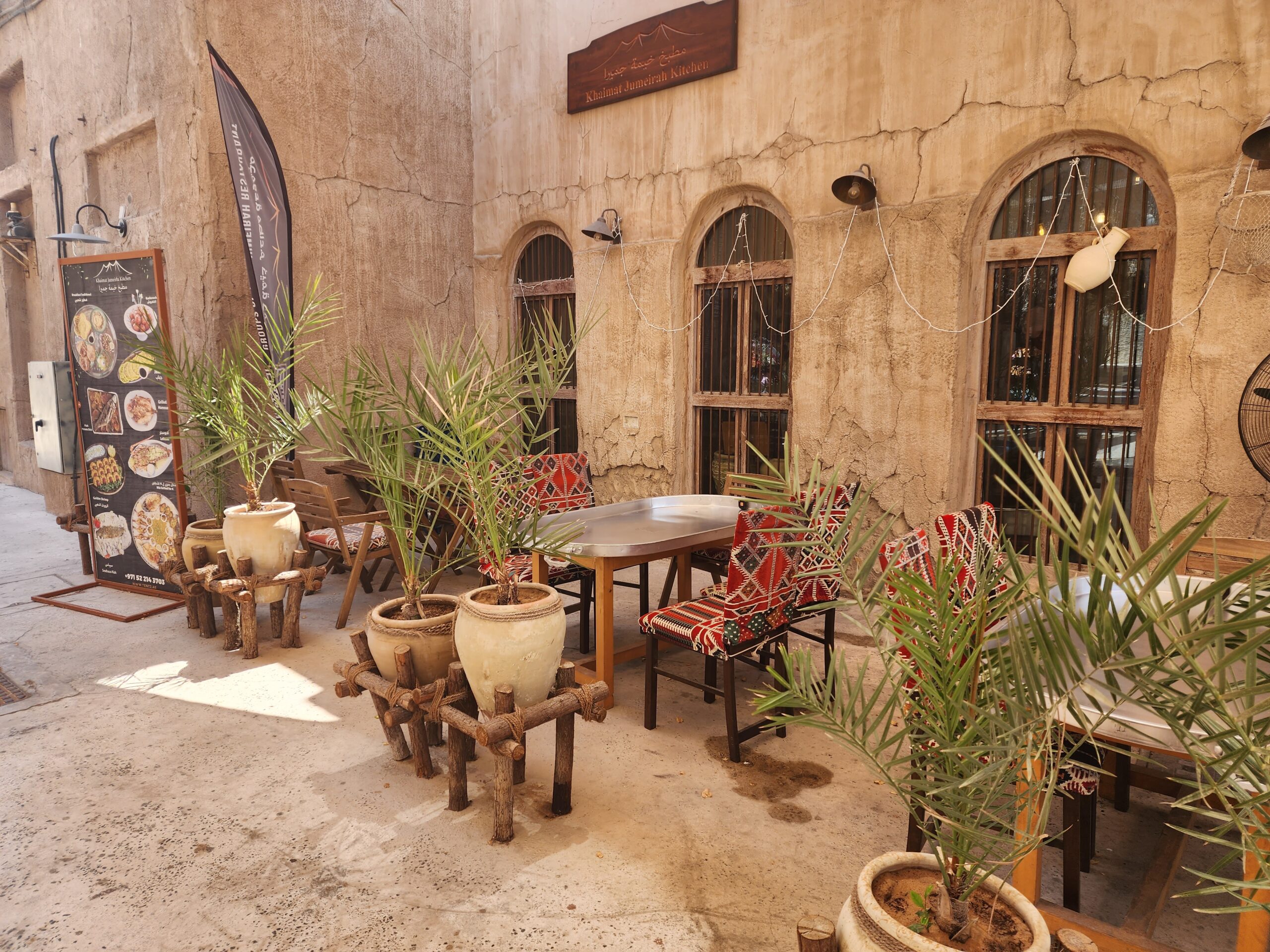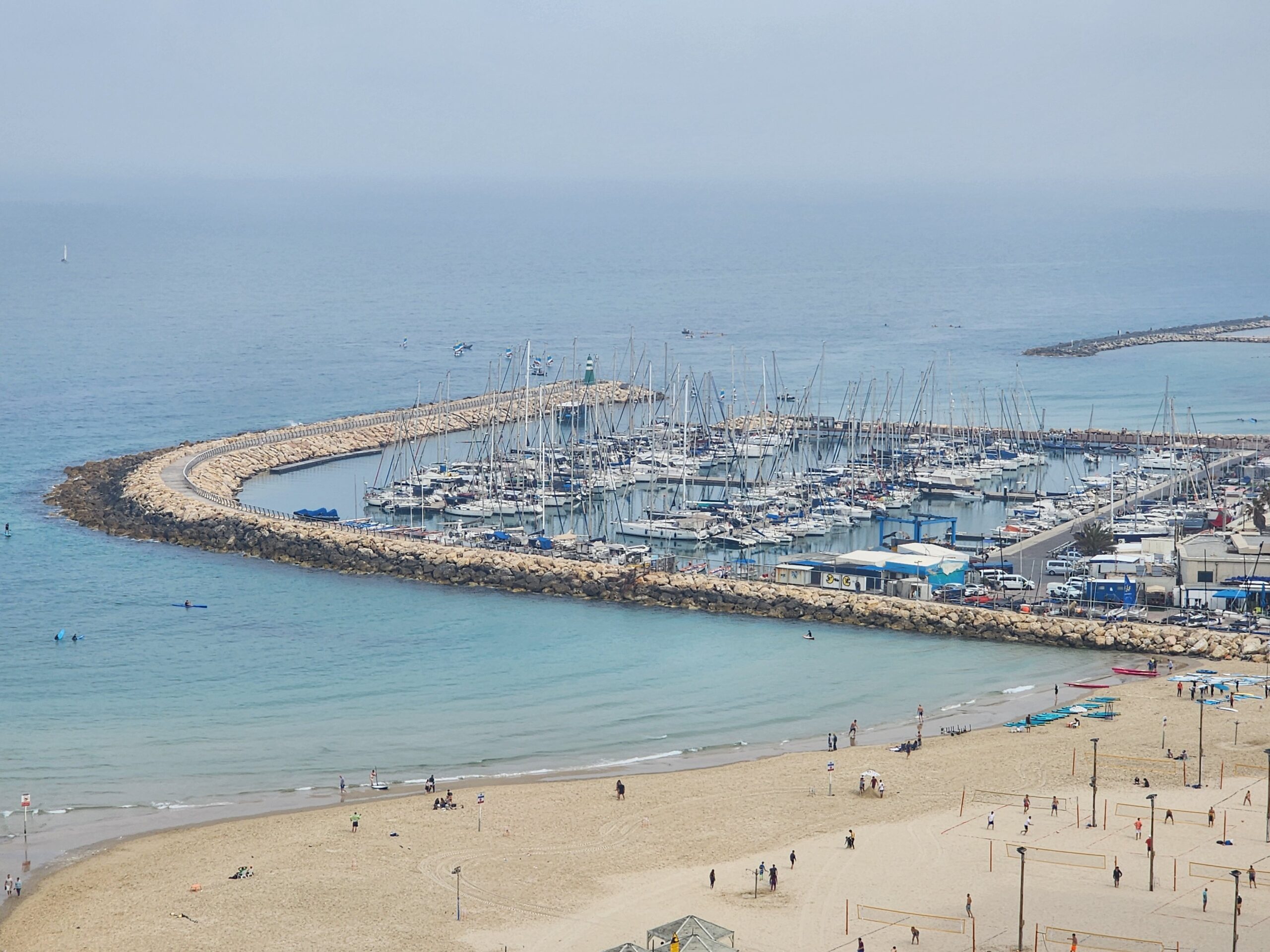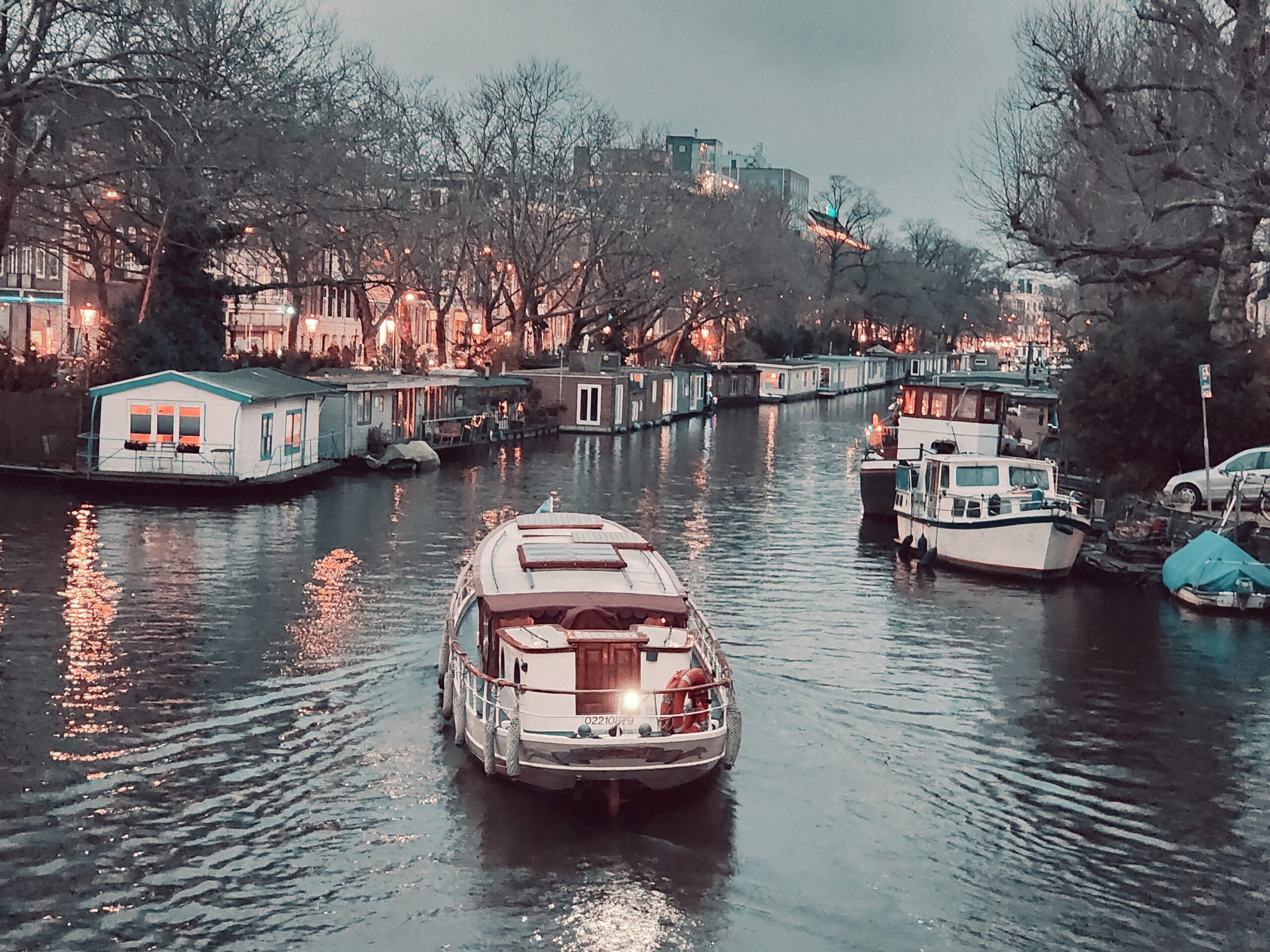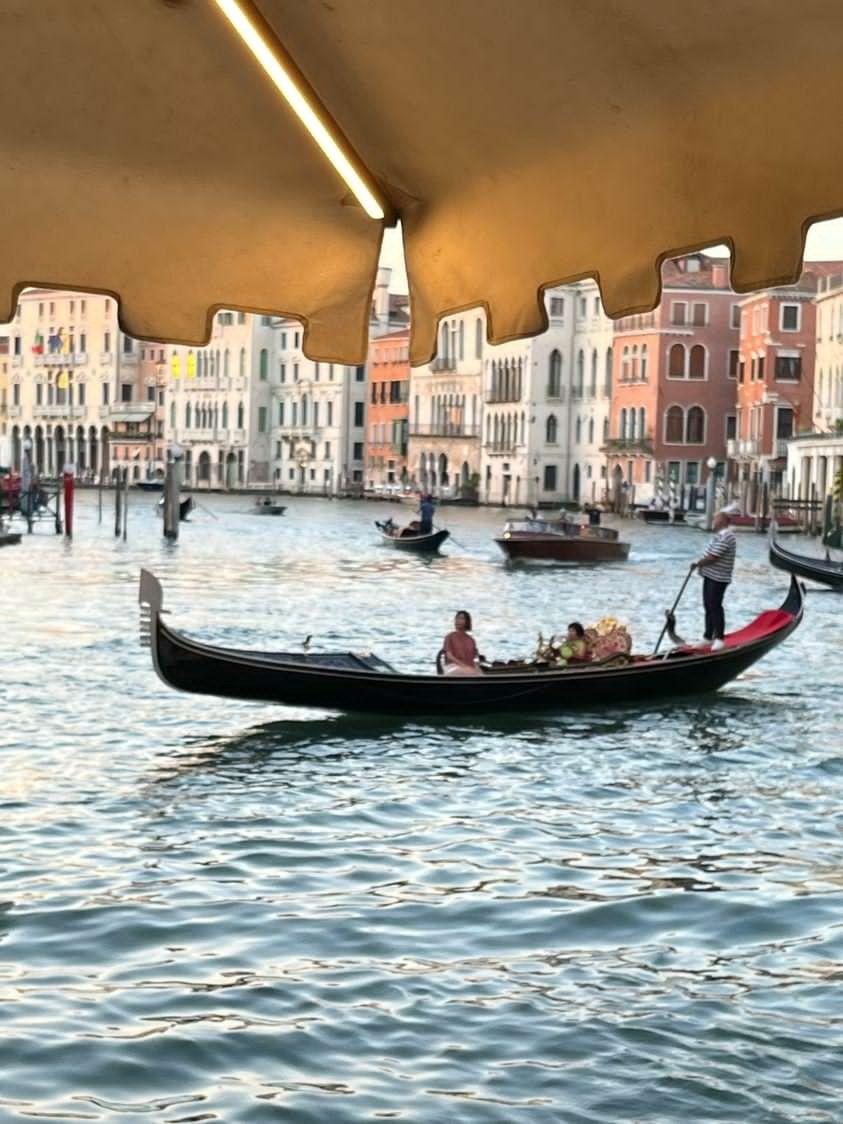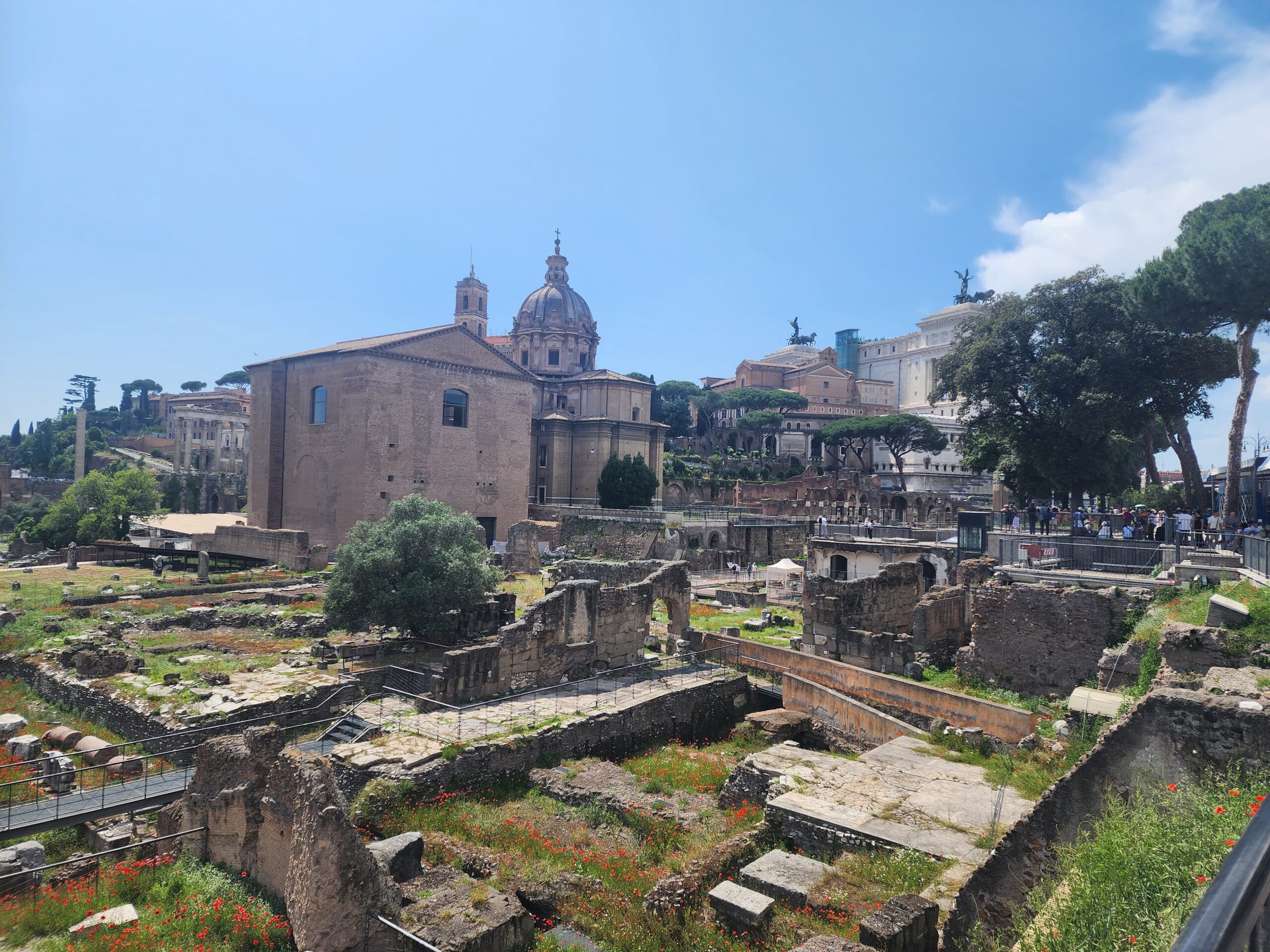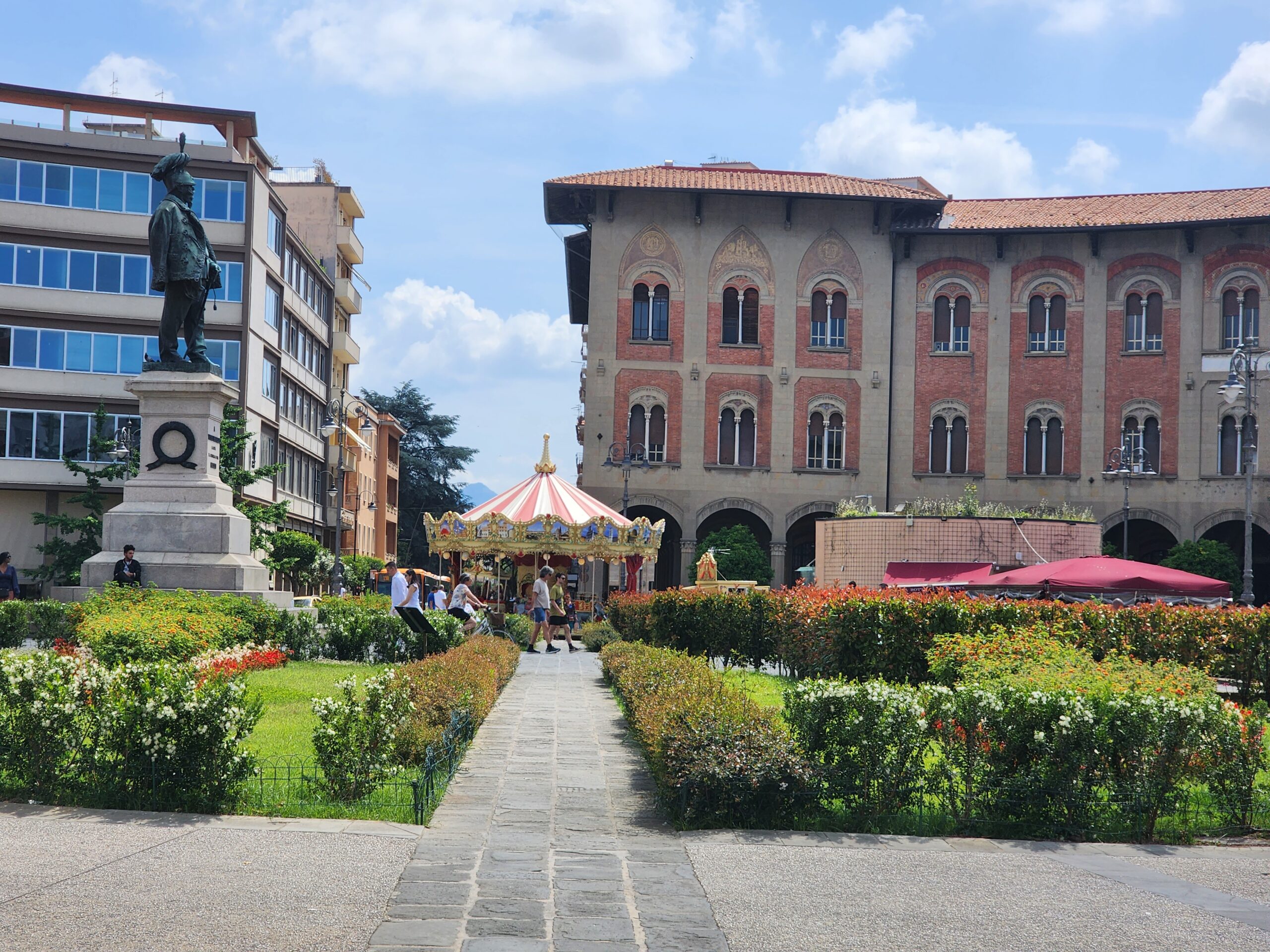Brazil
Brazil is the largest country in South America and the fifth-largest in the world, bordered by every South American country except Chile and Ecuador. With a vast and diverse landscape, Brazil is home to the Amazon Rainforest, the world’s largest tropical rainforest, as well as stunning beaches along its Atlantic coastline, the Pantanal wetlands, and the Iguazu Falls. The country has a variety of climates, from the tropical in the north to more temperate conditions in the south.
Brazil is known for its vibrant culture, which blends Indigenous, African, and European influences. It’s famous for its music, especially samba and bossa nova, and events like the Rio Carnival, a massive celebration of music, dance, and colorful parades. Brazilian cuisine is also varied, with dishes like feijoada (a hearty black bean stew), pão de queijo (cheese bread), and caipirinha (a cocktail made with cachaça).
The economy is one of the largest in the world, with key industries including agriculture (soybeans, coffee, and sugarcane), mining, oil, and manufacturing. Brazil is also a major player in the global sports arena, particularly in soccer, with a rich history of success in international tournaments.
Portuguese is the official language, and the country has a diverse population, with a mixture of ethnicities and cultures. Brazil has a developing economy and faces challenges such as poverty, inequality, and deforestation, but it remains an influential and dynamic country in Latin America and the world.
Brazil’s natural beauty, cultural heritage, and lively atmosphere make it a popular destination for travelers seeking adventure, relaxation, or a deep dive into Latin American culture.
You May Also Like
This post may contain affiliate links which means I may receive a commission if you click or purchase through the links. I will only recommend products I use myself. Learn more on my Disclaimer Page.
